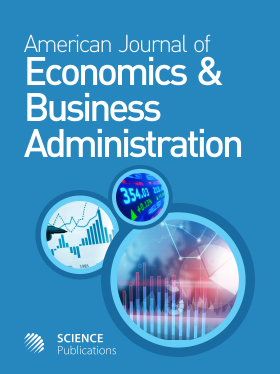Aspirin in Cardiovascular and Cerebrovascular Events: Does Market Failure Matter?
- 1 Cherry Hill, United States
Abstract
Problem statement: Against the backdrop of the 2009 scientific studies qualifying the cardiovascular and cerebrovascular benefits of aspirin, two interrelated questions are raised for investigation in this study. First, why may the government intervene in an otherwise private transaction between physician and patient and between drug manufacturer and buyer, when it involves contentious pharmacological information? Second, does government intervention make a difference in what these transacting parties would otherwise have chosen to do in its absence? Approach: An Internet literature search was performed, using query term combinations, to identify relevant aspirin studies. The search yielded 61 juried publications that met our predetermined criteria for inclusion and thematic analysis. Results: Variance exists within the mix of economic and non-economic literature on aspirin information regulation. The study identified 4 instances of market failure that offer some of the most compelling theoretical and practical considerations for public policy intervention in the context of the 2009 findings. However, there is also indication that the sense of increased protection arising from safety regulations could stimulate risky behavior that nullifies their net protective effects or benefits. Conclusion: It is not clear either from the surveyed literature or existing economic theory if, ceteris paribus, regulated information alters or modifies the marginal propensity of a physician to recommend, and a patient to consume, aspirin to prevent cardiovascular and cerebrovascular events, particularly heart attacks, strokes and vascular death. The study suggests the need for policy reinforcements to safety information, if market failures are to be efficiently addressed and risk compensating behavior reduced.
DOI: https://doi.org/10.3844/ajebasp.2010.120.128

- 7,060 Views
- 3,863 Downloads
- 1 Citations
Download
Keywords
- Aspirin
- cardiovascular
- cerebrovascular
- externalities
- information
- market failure
- Pareto-optimal
- principal-agent problems
- prophylaxis
- risk
- risk compensation
- Reye’s syndrome
- transaction costs
